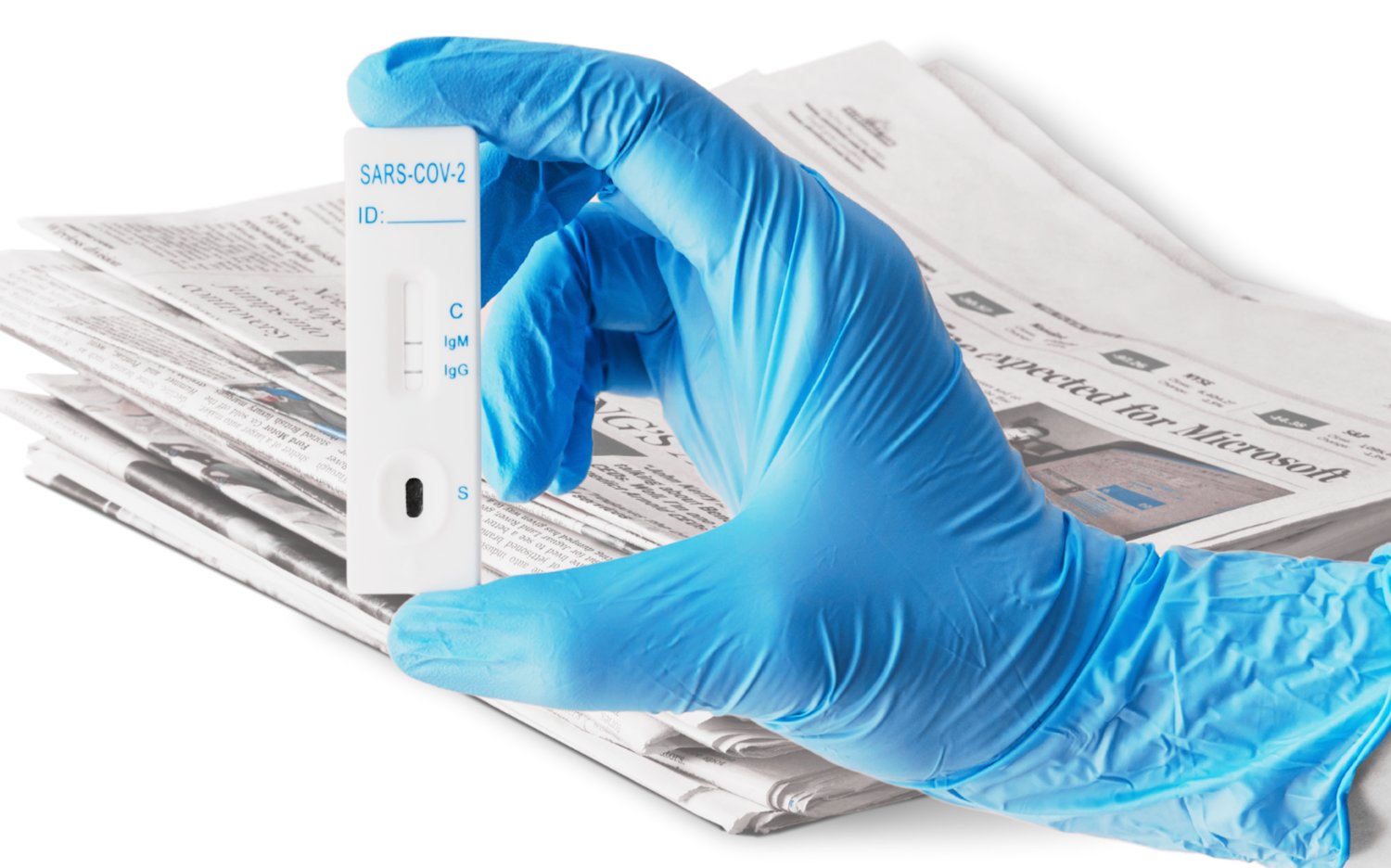
I tested positive for COVID-19.
After 15 months of carefully avoiding the virus by limiting contact with large groups, wearing a mask and getting vaccinated, it finally got me.
Following my second dose of the Pfizer vaccine, I slowly began easing my own restrictions. I still wore my mask, but I definitely let my guard down a little bit when the spread seemed to slow down. The conflicting theories about what vaccinated people were allowed to do confused me, and I was willing to take the chance of seeing my friends after we were all jabbed.
I’m not sure where I contracted the virus and I’m equally not sure when I first had it, because I had some sort of symptoms for four weeks.
It started out as a mild sore throat. And when I say mild, it didn’t really feel that out of the ordinary. After watching Giannis Antetokounmpo drop 50 points in a clincher against the Suns, I figured I’d started to lose my voice.
Two days later, it was gone, but my sinuses felt a little more clogged than usual. Again, nothing that even made me feel that sick. I packed and then unpacked my entire college apartment during this time and didn’t take a single day to relax. It was unclear to the nurse whether these symptoms were COVID-19 or made my body vulnerable to it in the coming days.
When I moved into my new apartment in Columbia in early August, I developed a cough. It wasn’t the dry cough that everyone else seemed to be getting and it wasn’t anywhere near the worst I’ve ever had, but at that point, I’d had enough of feeling off and went to get tested. I just wanted to figure out what was wrong.
That cough remained for nearly two weeks. It felt like my body was trying to get rid of the junk in my chest and that was its way of doing so.
And that was it. Those were my symptoms. Thankfully it seems that the vaccine did its job and protected me from any serious illness. Prior to the creation of the vaccine, most college students I know had developed a fever, a loss of taste and smell and significant fatigue. I had none of those.
The worst I felt was the day of my grandpa’s funeral, but that was because I couldn’t be with my mom.
The first few nights after I learned that I had tested positive were difficult. In general, one of my greatest worries is getting sick, and hearing that you contracted a deadly virus isn’t comforting for anyone. And I was alone, nearly two hours away from my parents.
I debated going home, but because my symptoms were manageable on my own, I didn’t want to chance getting my family ill.
I wasn’t exactly productive during my quarantine. I had heard stories of people developing new hobbies or watching a new show during their extended isolation. But not me.
I watched baseball. A lot of it.
For three consecutive nights, I was probably one of eight people in the state of Missouri watching the San Diego Padres vs. the Miami Marlins at 11:30 p.m. I FaceTimed friends while streaming a random Blue Jays-Mariners game and saw Tim Anderson hit a ball into the Iowa cornfields.
I’m not much of an introspective person. But lemme tell ya, when you’re stuck in a house by yourself for 10 days, you’ve got some time for thinking.
During those 10 days of isolation, I feel like I grew up. I had always told myself that if I got sick at college, I’d call my parents and come home. In reality, I didn’t need them. Of course, I appreciated the grocery deliveries and packages they sent, but I realized that I could take care of myself, too.
And while I’m not grateful for COVID-19, I do feel that I became stronger because of it.
CN+R Intern Max Baker can be reached at max@chathamnr.com or on Twitter at @Maxbaker_15.